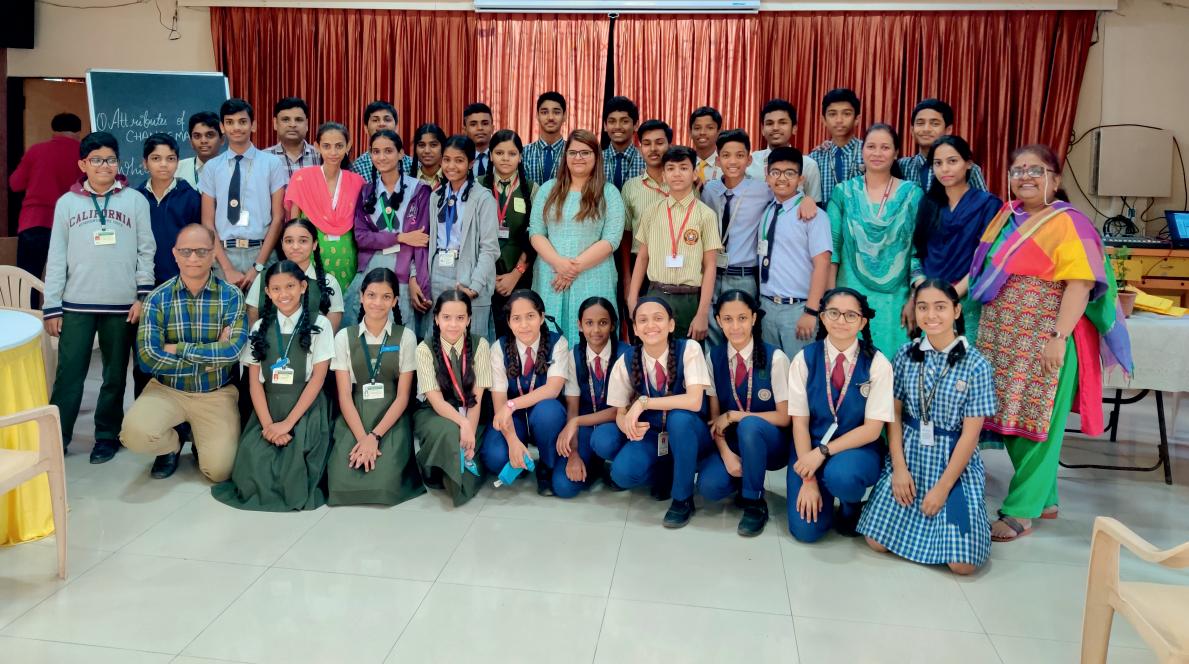
1 minute read
Explore the Educaonal Results Study (2004) in ourAFS Research secon and
Educational Results Study (2004)
As a follow-up to the pioneerAFS Impact Study conducted in the 1980s, in 2002-2004 Dr. Mitchell Hammer, with the support of AFS, conducted research tled the AFS StudyAbroad Experience or the AFS Educaonal Results Study. A total of 2,100 teenagers from 9 different countries parcipated in the research. In this group, 1,500 were students who recently returned from AFS exchange programs and 600 were a control group composed of friends of the AFS students who did not go on exchange.
The studywas based on Dr. Milton Benne's Developmental Model of Intercultural Sensivity (DMIS), a framework that aims to explain the reacons of people as they engage with cultural differences. Parcipants' levels of intercultural sensivitywere measured within the DMIS framework through the Intercultural Development Inventory (IDI), a validated tool for assessing intercultural sensivity designed by Dr. Milton Benne and Dr. Mitchell Hammer. The subjects were evaluated before, during and aer an experience abroad. Compared to the control group, AFS students made significant improvements. Ifwe look at the overall findings, AFS students, compared to the “best friend” (control group), had significantly:
- Increased fluency in the language of the host country - Increased friendships with people from other cultures - Increased knowledge of the host culture - Less anxiety in interacng with people from different cultures - Increased intercultural competence - Greater intercultural networks
The results of the research confirmed that AFS study abroad year programs are remarkably effecve across a number of important benchmarks to develop intercultural sensivity: intercultural competence is improved, knowledge of the host culture increases, intercultural anxiety decreases, cross-cultural networks expand, friendships increase upon return home, and strong gains in host language fluency result. These results are directly due to the AFS program, as similar gains did not result when students remained at home.
The results of the research confirmed that AFS study abroad year programs are remarkably effective across a number of important benchmarks to develop intercultural sensitivity: intercultural competence is improved, knowledge of the host culture increases, intercultural anxiety decreases, cross-cultural networks expand, friendships increase upon return home, and strong gains in host language fluency result.







